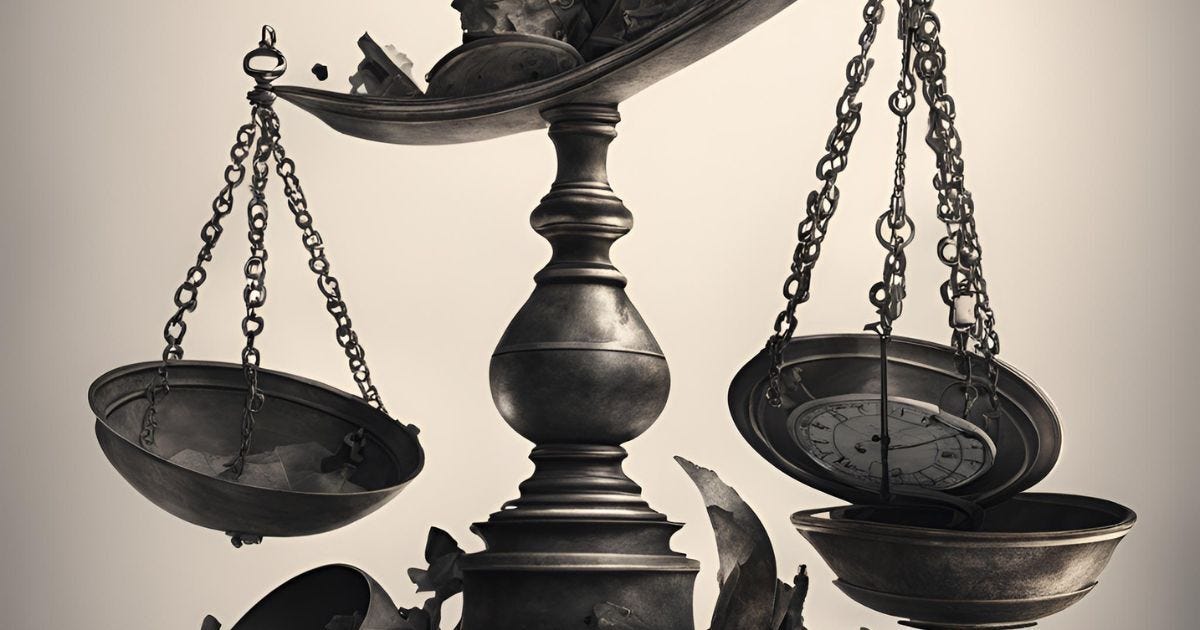Checks and Balances Are Crumbling—Can Democracy Hold?
While other nations maintain order through clear authority structures, America's competing visions of power and process risk undermining the international system that America itself created.
While the president asserts unprecedented authority, courts respond with detailed restraining orders, and lawyers craft intricate arguments in precisely worded briefs.
What's Happening
Supreme Court grants Trump broad immunity
Trump administration expands executive power
Justice Department challenges institutional limits
Courts struggle with presidential aut…




